The European Green Deal aims to pave the way for the EU to become carbon neutral by 2050. The EU Green Deal also wants to separate economic growth from resource use.
This decarbonisation of the energy sector is expected to occur relatively quickly in the next decades. But it is also expected that, without proper action, a quarter of 2050 residual carbon emissions may come from the production of materials.
The importance of a circular economy
JRC research focuses on assessing how a circular economy, with less waste and more recycling (and this way less need for primary raw materials), can help secure a future resource-efficient low-carbon economy. A circular economy can contribute to delivering a competitive EU economy, with lower resource dependencies. Moreover, a circular economy can be more resilient to external shocks and respectful of nature and people's health.
The circular economy action plan (CEAP 2.0) is an important element of the European Green Deal. It lists a number of crucial actions to be implemented to reach such objectives.
Understanding socio-economic and environmental impacts
Elaborating the actions in the circular economy action plan requires sound scientific insights, as well as a clear understanding of the possible socio-economic and environmental impacts at stake. At the same time, the world around us is evolving. Legislation on waste and secondary raw materials needs to be updated to keep pace with the latest technological and societal developments.
Here is where JRC provides indispensable scientific support to policy making, with its state-of-the-art assessment methodologies and involvement of stakeholders, based on the Sevilla process, as well as intensive collaboration with other European Commission departments.
Selection of topics we work on at the JRC
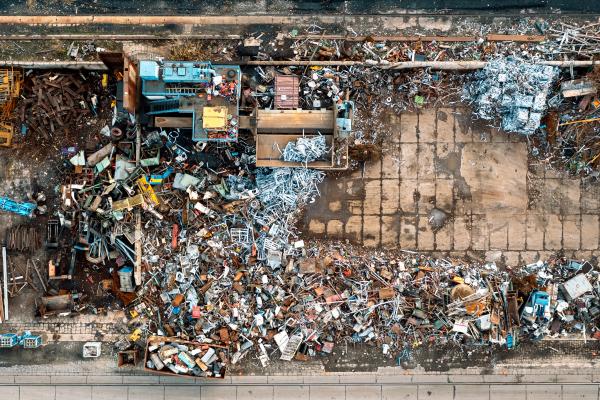
End-of-waste criteria determine when waste-derived materials have been sufficiently processed so that they can lose their waste status and enjoy the same internal market freedoms as primary raw materials.
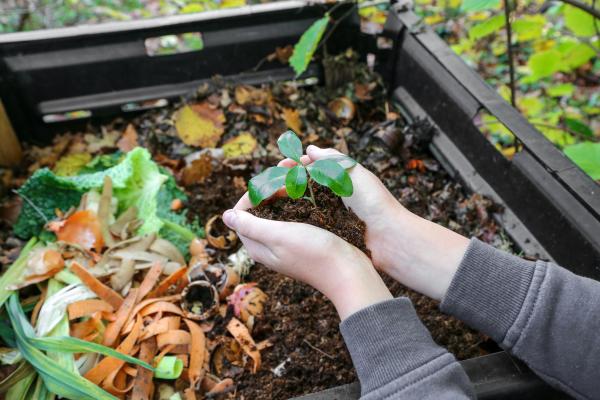
Many waste or residue materials produced in Europe contain valuable nutrients, which are underutilised and often generate environmental pollution. Nutrient recycling allows to solve these problems.
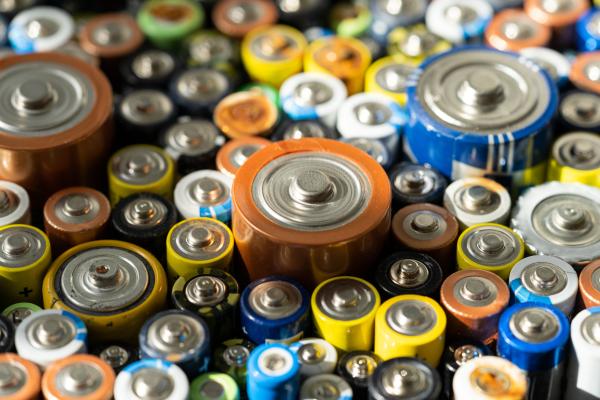
The new Batteries Regulation aims to ensure that batteries placed on the EU market fit into the circular economy and are sustainable and safe throughout their entire life cycle.
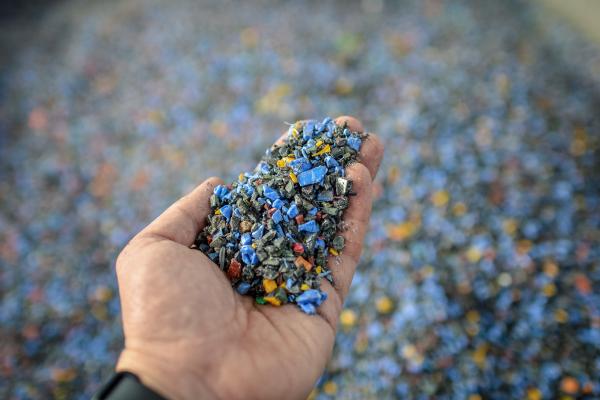
Europe needs to further improve the recycling of plastics. The mapping of the plastic flows in the economy allows to identify the bottlenecks for more circularity.
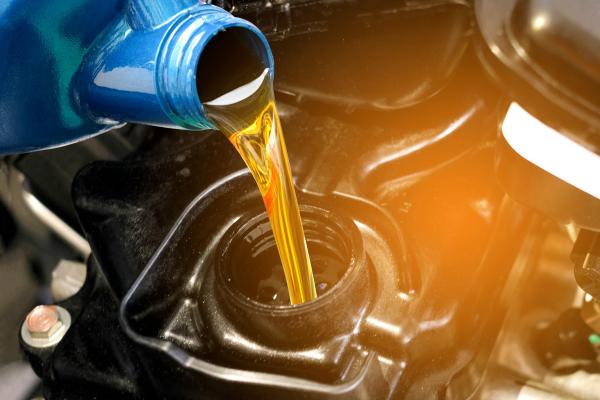
What are the advantages of recycling waste oils and which processes generate the maximum benefits for environment and society?
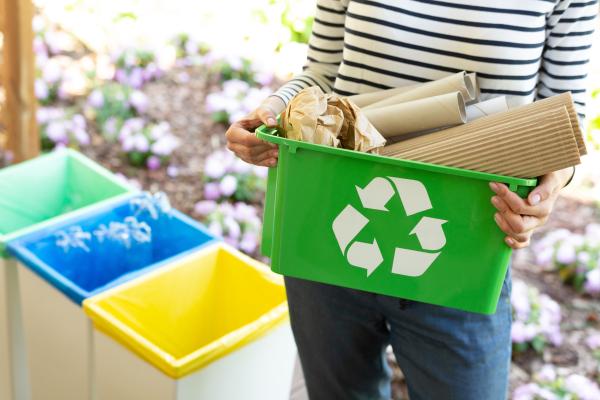
How municipal waste collection can be improved for better recycling.
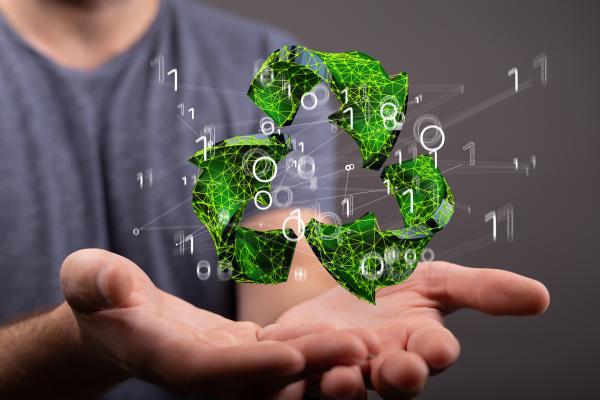
The JRC works on more accurate methodologies for calculating recycling.
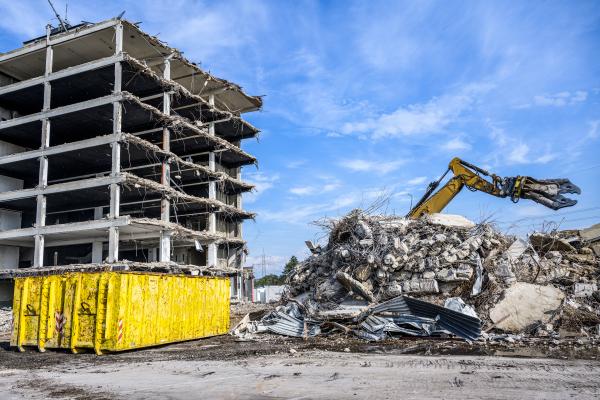
Improving the management of the construction and demolition waste is a priority because it represents ca. 40% of the waste generated in EU.
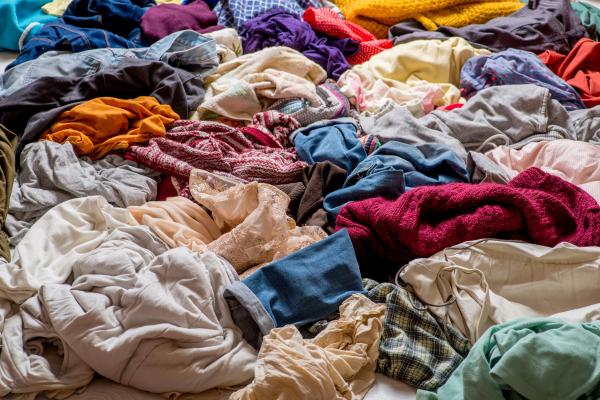
The consumption and sustainability of textiles is in the spotlights of policy makers.

